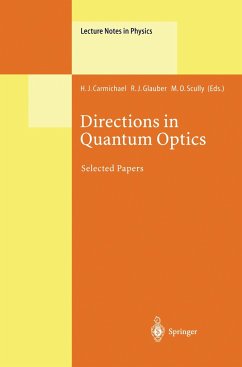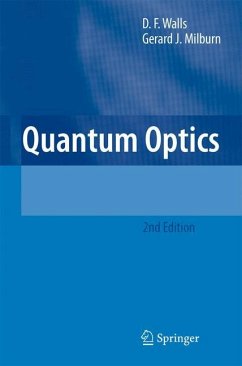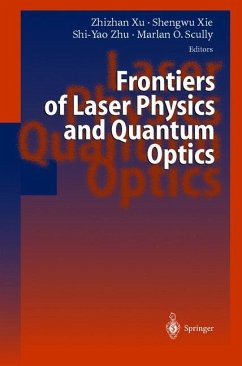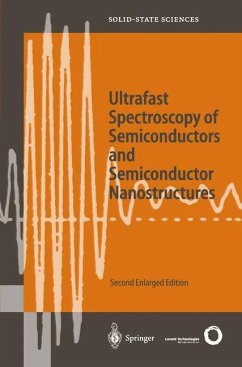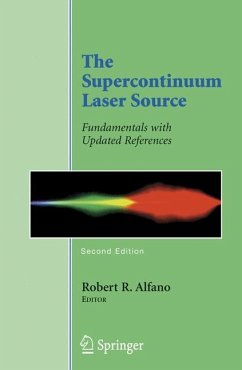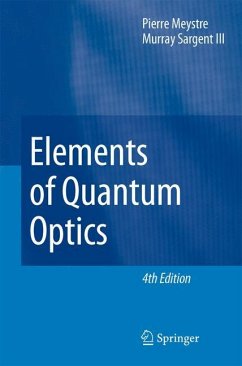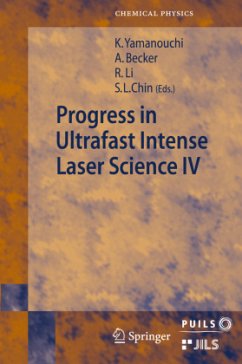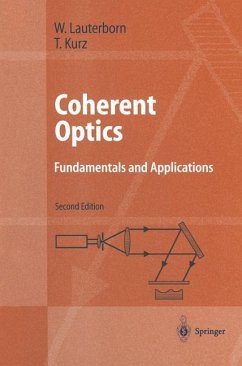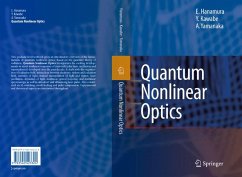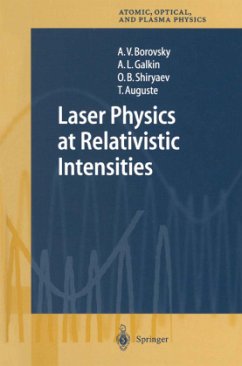
Quantum Squeezing
Versandkostenfrei!
Versandfertig in 6-10 Tagen
113,99 €
inkl. MwSt.

PAYBACK Punkte
57 °P sammeln!
The concept of squeezing is intimately related to the idea of vacuum fluctu ations, once thought to place an absolute limit to the accuracy of measure ment. However, vacuum fluctuations are not unchangeable. By recognizing that these quantum fluctuations always occur in two complementary observ ables, physicists have been able to make an intriguing trade-off. Reduced fluctuations in one variable can be realized - at the expense of increased fluctuations in another, according to Heisenberg. This Heisenberg 'horse-trade' - originally predicted by theorists - was first accomplished experimentally...
The concept of squeezing is intimately related to the idea of vacuum fluctu ations, once thought to place an absolute limit to the accuracy of measure ment. However, vacuum fluctuations are not unchangeable. By recognizing that these quantum fluctuations always occur in two complementary observ ables, physicists have been able to make an intriguing trade-off. Reduced fluctuations in one variable can be realized - at the expense of increased fluctuations in another, according to Heisenberg. This Heisenberg 'horse-trade' - originally predicted by theorists - was first accomplished experimentally by R. Slusher in 1985. Since then, the var ious techniques and applications of quantum squeezing have metamorphosed into a central tool in the wider field of quantum information. This book is a summary of the main ideas, methods and applications of quantum squeezing, written by those responsible for some of the chief developments in the field. The book is divided into three parts, to recognize that there are three areas in this research. These are the fundamental physics of quantum fluc tuations, the techniques of generating squeezed radiation, and the potential applications. Part I of the book, giving the fundamentals, is arranged as follows. - Chapter 1 introduces the basic ideas about what squeezing of quantum fluctuations is from the quantized free-field perspective. This chapter es tablishes the definitions and notations used throughout. - Chapter 2 explains how to quantize radiation in a dielectric, which is the basic technique that is used to make squeezed radiation.





